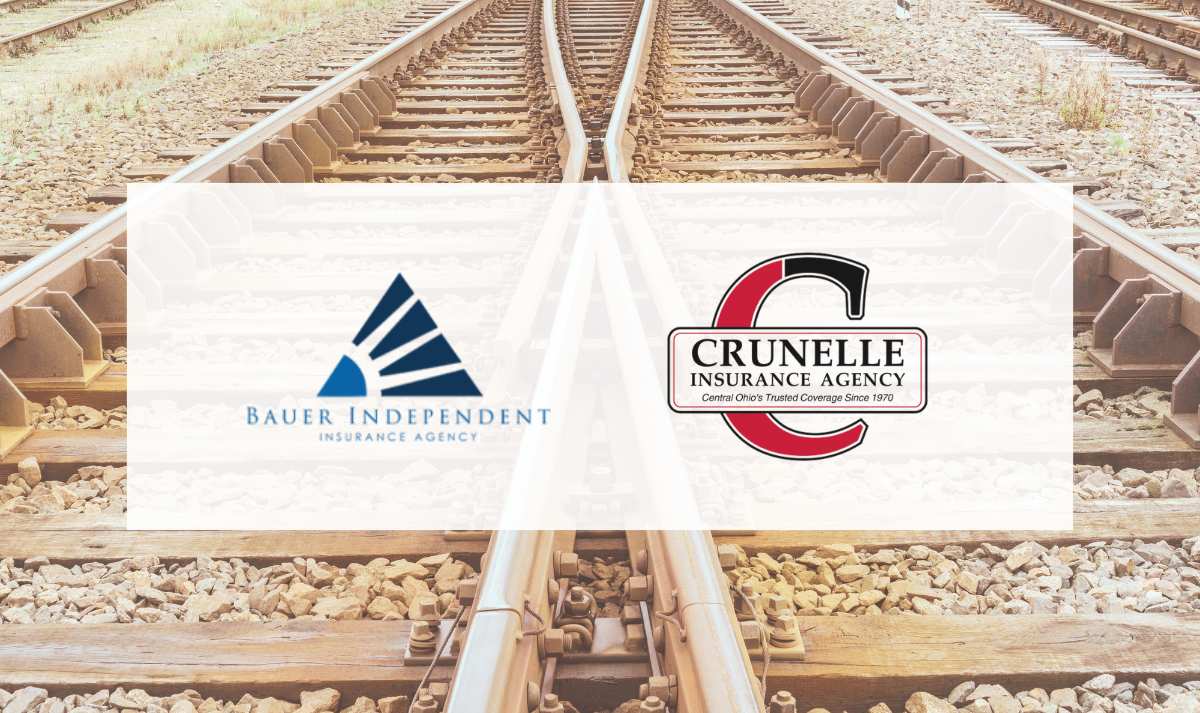The Current State of the Insurance Industry in 2024
In 2024, the insurance industry will navigate a landscape influenced by various economic, social, and environmental factors.
With the advent of new technologies, changing consumer behaviors, and the ever-present challenges posed by natural disasters, insurers are facing unprecedented challenges and opportunities.
Against this backdrop, it becomes increasingly crucial for individuals to understand the dynamics of insurance and explore ways to optimize their coverage while managing costs.
Our Best Tips To Save Money on Car Insurance and Home Insurance
Amidst the complexities of the insurance landscape, we aim to illuminate practical strategies for individuals seeking to secure affordable and comprehensive coverage for their cars and homes.
Recognizing the importance of insurance in safeguarding against unforeseen risks, we delve into actionable insights and expert advice to empower readers with the knowledge needed to navigate the insurance market effectively.
From understanding the challenges posed by rising costs to exploring avenues for savings, our focus is to equip you with the tools necessary to make informed decisions and secure peace of mind.
Factors Contributing to Rising Insurance Costs
Rising insurance costs have become a prevalent concern for policyholders, driven by many factors shaping the insurance landscape.
– Escalating claims payouts
– Increased climate-related catastrophes
– Evolving regulatory requirements
– Advancements in technology
These factors significantly impact the rise in premiums. Furthermore, demographic shifts, such as an aging population and changes in household composition, add complexity to insurers’ risk assessment processes.
Understanding these underlying factors is crucial in navigating the challenges posed by rising insurance costs.
The Impact of Increasing Rates and Policy Cancellations
The impact of increasing insurance rates and policy cancellations reverberates across the insurance industry, affecting policyholders and insurers alike.
Rising premiums can strain consumers’ budgets and lead to difficult choices regarding coverage levels and deductibles. Policy cancellations, on the other hand, can leave individuals vulnerable and seeking alternative protection options.
Moreover, the ripple effects extend to insurers, who must balance the need for profitability with maintaining competitive pricing and customer satisfaction.
In light of these challenges, proactive measures are essential to mitigate risks and safeguard against potential disruptions.
Top 5 Ways to Save Money on Car Insurance
1. Increasing Your Deductible
One effective strategy for saving on car insurance is to consider increasing your deductible—the amount you agree to pay out of pocket before your insurance coverage kicks in.
By opting for a higher deductible, you assume more responsibility for covering minor damages or repairs, which can translate to lower premiums. However, it’s crucial to strike the right balance between deductible and affordability, ensuring you can comfortably cover the higher out-of-pocket costs in case of a claim.
Consulting with your insurance provider can help you determine the optimal deductible for your financial situation.
2. Exploring Available Discounts
Many insurance companies offer various discounts that policyholders may be eligible for. These discounts can range from safe driving incentives to bundling multiple policies with the same insurer.
Common discounts include those for safe driving records, multi-policy bundling, vehicle safety features, and even student academic achievements.
Exploring and inquiring about available discounts can result in significant savings on your car insurance premiums.
3. Comparing Auto Insurance Quotes
One of the most effective ways to ensure you’re getting the best rate for your car insurance is to shop around and compare quotes from multiple insurers.
Insurance rates can vary widely between providers, and factors such as your driving history, location, and vehicle type can impact the premiums offered. Utilize online comparison tools or work directly with an independent insurance agent like Jonathan to obtain quotes from different companies.
By comparing rates, you can identify potential savings opportunities and make an informed decision about your coverage.
4. Maintaining a Good Driving Record
Your driving history is one of the most influential factors in determining your car insurance premiums. Insurers typically offer lower rates to drivers with clean records and a history of safe driving practices.
Avoiding accidents, traffic violations, and claims can help you maintain a favorable driving record and qualify for lower insurance rates over time.
Additionally, some insurers offer discounts or rewards for policyholders who demonstrate responsible driving behaviors, such as completing defensive driving courses or installing telematics devices that monitor driving habits.
5. Participating in Safe Driving Programs
Many insurance companies offer safe driving programs that reward policyholders for practicing safe driving habits.
These programs may involve installing telematics devices in your vehicle to track your driving behaviors, such as speed, braking, and acceleration. By demonstrating safe driving habits, such as obeying speed limits, avoiding sudden stops, and minimizing distractions, you may qualify for discounts or lower premiums.
Participating in safe driving programs helps you save on car insurance, promotes safer roads, and reduces the risk of accidents for everyone on the road.
5 Tips to Save on Home Insurance
1. Ensure property facts are accurate
Accurate details about your home’s square footage, construction year, and building materials enable insurers to estimate precise coverage.
2. Make your home safer
Consider implementing various measures to make your home safer.
Installing a monitored home security system or centralized fire alarm in your home is great for your peace of mind and can help lower your rates.
Clearing brush and trimming trees around your property can minimize damage from fire or windstorms.
Updating your roof can also qualify you for lower insurance rates, potentially saving you 10 percent or more. Moreover, consider upgrading your electrical, heating, and plumbing systems, as some insurers offer significant savings for modern systems.
Installing a backup generator after consulting with your insurer can be beneficial, as some may offer discounts for this precautionary measure.
Additionally, implementing an automatic water shut-off system to detect leaks and prevent flooding can potentially earn you savings on insurance premiums.
3. Only pay for necessary coverage
To reduce costs, remove redundant or unnecessary coverages from your policy. A regular review with a trusted independent agent like Jonathan can identify areas where you can save.
4. Have a clean claims history
Minimize the frequency of your insurance claims to help control insurance expenses.
Reserve filing claims for significant or urgent situations, avoiding unnecessary claims for minor repairs. Whenever possible, consider handling small repairs independently or with assistance from someone skilled in the task.
Remember, your home insurance is designed to shield you from substantial financial liabilities, so utilize it judiciously for significant incidents rather than minor inconveniences.
5. Boosting your deductible
Boosting your deductible is a simple strategy to reduce your homeowner’s insurance premium. Opting for a higher deductible translates to a lower premium. Remember that your deductible is the amount deducted from your insurance payout when you file a claim.
However, it’s essential to be prudent with your choice of deductible. Don’t select a higher deductible than what you can comfortably afford out of pocket. Feel free to seek our guidance if you’re uncertain about the suitable deductible for your financial circumstances.
General Insurance Cost Reduction Tips
- Take advantage of available discounts: Many insurers offer various discounts, such as electronic payment discounts, multi-policy discounts, and good student discounts.
- Update policies annually: Regularly review them with your agent to ensure they align with your current needs and circumstances.
- Increase deductibles: Higher deductibles can lower your premiums, but make sure you can afford the out-of-pocket costs in case of a claim.
- Improve credit score: A good credit score can lead to lower insurance rates, so focus on maintaining or improving your credit.
- Explore other payment options: Consider payment methods that offer discounts, such as annual or electronic recurring payments.
- Bundle coverages: Consolidate your insurance policies with one provider to qualify for multi-policy discounts.
- Consider location-based factors: Your location can impact your insurance rates, so choose wisely when purchasing or renting a property.
Navigating the complexities of the insurance world in 2024 can be daunting, but it’s not without its solutions. By implementing the tips discussed here, you can take proactive steps to save on both car and home insurance.
Remember, finding the right coverage at the right price requires careful consideration of your unique circumstances. That’s where an independent insurance agent comes in.
Trusted agents can offer personalized guidance, help you uncover available discounts, and ensure that you’re adequately protected without overpaying.
So, as you embark on your insurance journey, don’t hesitate to contact Jonathan, an agent you can trust. Together, you can navigate the ever-changing insurance landscape with confidence and peace of mind.






